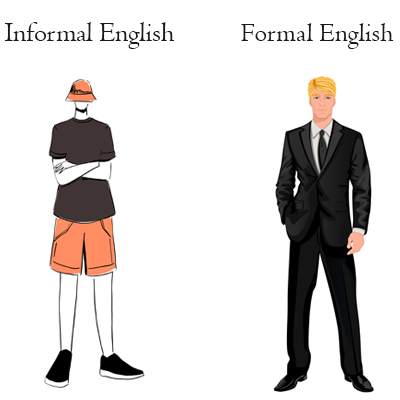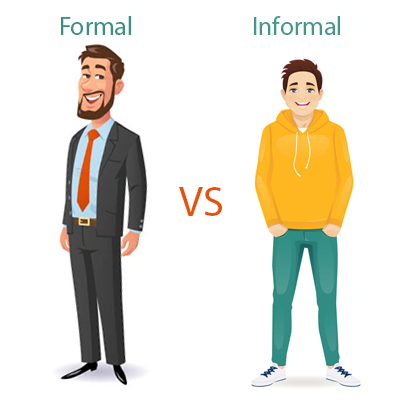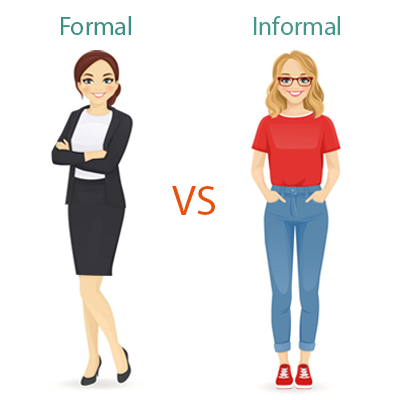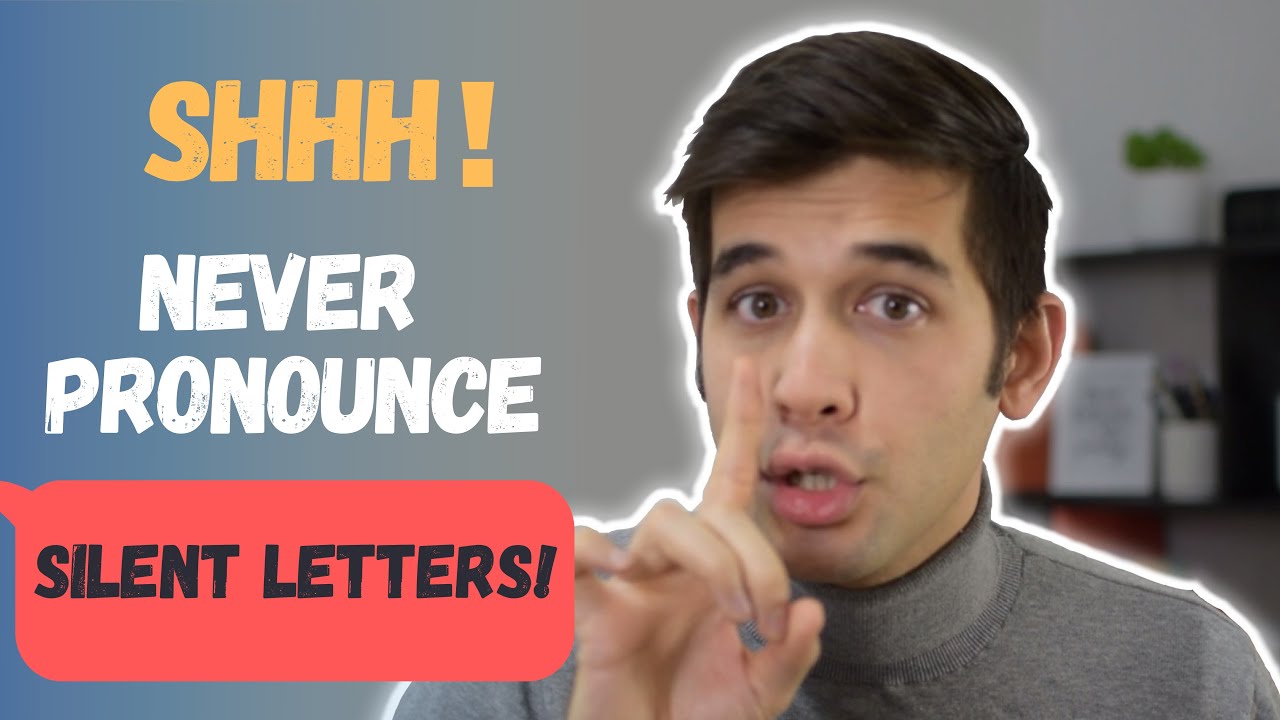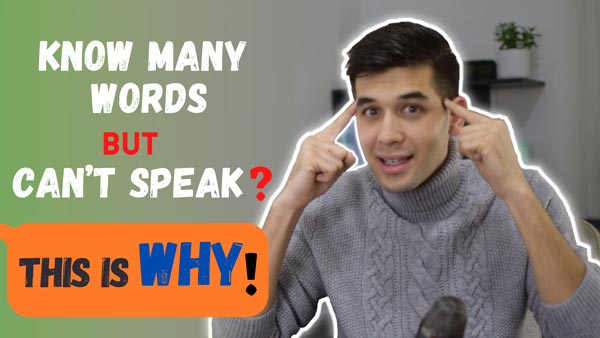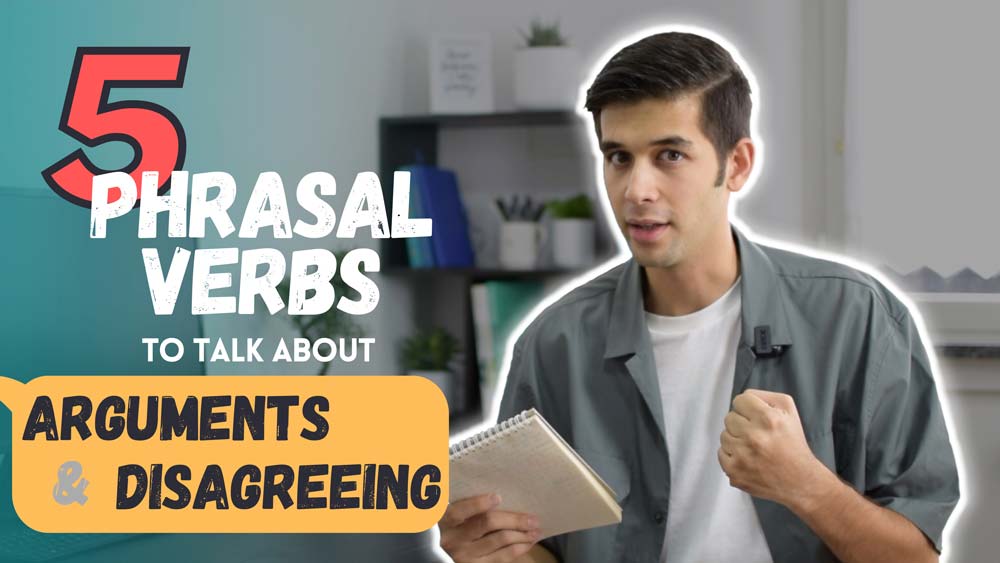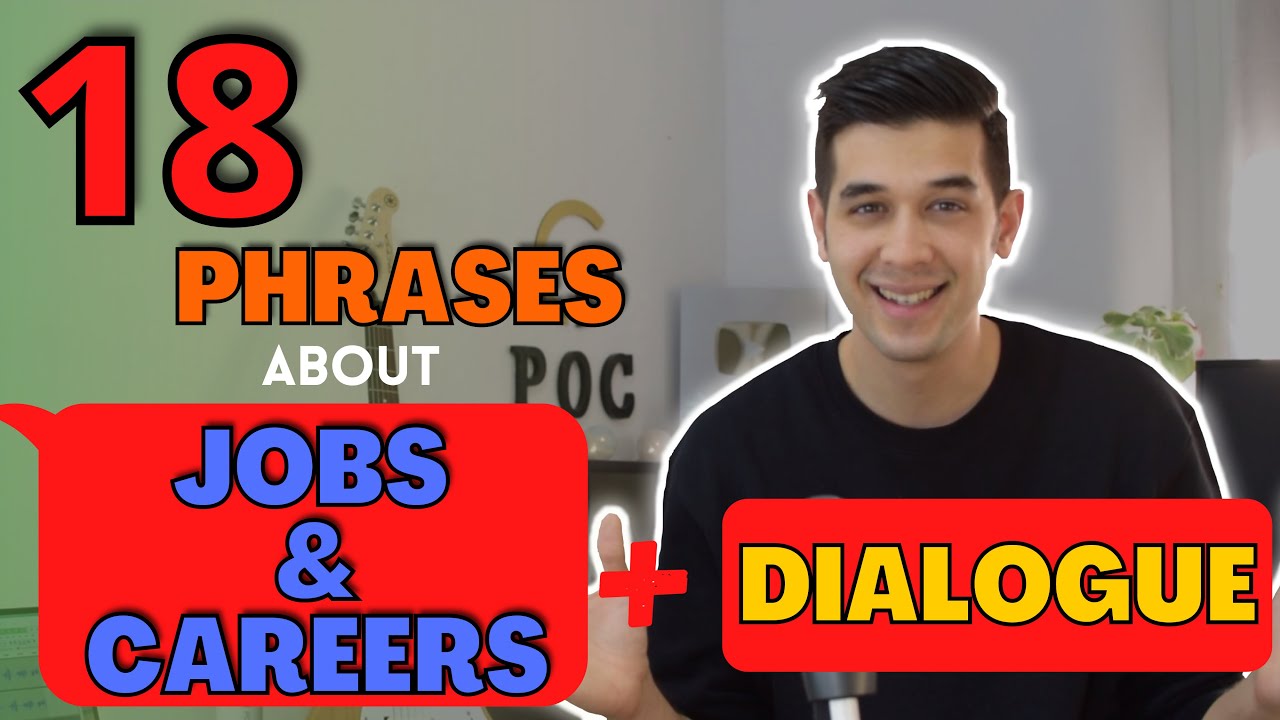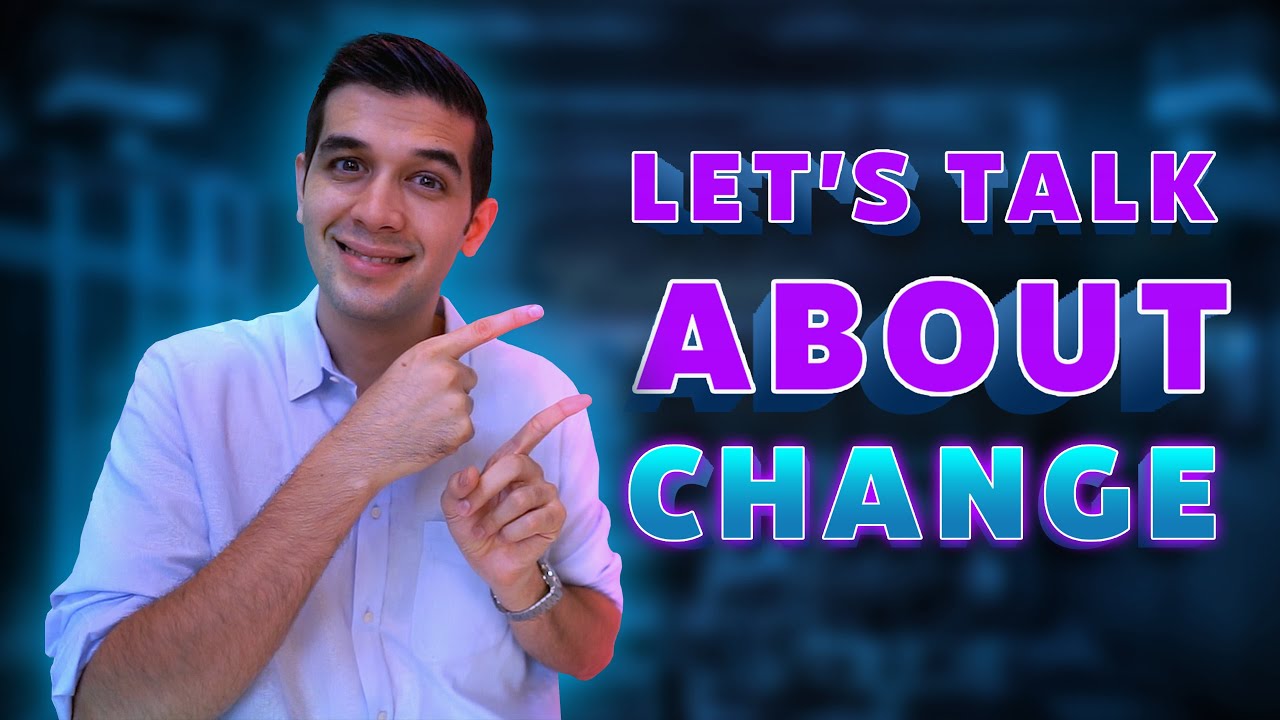Why do we need to know about the formal and informal words in English ? Which one do you prefer? Formal English or informal English? In this lesson, we are going to learn some formal alternatives to informal English words.
First let’s discuss which one is better, formal English or informal English. The answer is none of them is better than the other one! It totally depends on your audience.
If you are writing an email to your boss you should use formal English. However, if you are hanging out with your friends, you shouldn’t speak in a formal way because that would sound weird and you should use informal English.
Formal and informal sentences
Let’s learn about some formal and informal English words and the proper way to use them in sentences.
1. Formal vs informal English (first example)
Look at this sentence:
- The fire department couldn’t find out the cause of the fire!
This sentence is informal because we used “find out” in it. Remember that in general, phrasal verbs are informal. So, instead of “find out” what can we use?
We can use “ascertain” which means to discover something or to find something out. Therefore, the first example of formal and informal English words is: find out and ascertain. Let’s give an example:
- The police have been unable to ascertain the cause of the explosion. (they were unable to find out what led to the explosion.)
To recap:
To ascertain 🡪 find out
To ascertain the cause of something 🡪 to find out the reason behind something.
Therefore, our main sentence would be like this:
- The fire department couldn’t ascertain the cause of the fire!
2. Formal and informal sentences (second example)
Let’s get familiar with another example of formal and informal words in English.
Have a look at this sentence:
- I’ll try to get some info about the company.
Imagine I want to go for a job interview and before going for that, I need to prepare myself and study the history of the company, so I’ll try to get some info about the company.
This sentence is informal because we have a short of the word “information” (info). Also, we can make it more formal by using an alternative to the word “get”. “Obtain” is a formal version of “get” and the sentence would be like this:
- I’ll try to obtain some information about the company.
Therefore, the second example of formal and informal English words is: get and obtain.
Let’s see another example:
- It’s impossible to obtain / get the first edition of this book.
Learn more: Learn about the vocabulary for food in English
3. Formal vs informal English (third example)
What is the third example of formal and informal words in English? Look at this sentence:
- We are short of cash, so we should buy something cheaper.
Obviously it’s an informal sentence. Now let’s try to make it more formal. Instead of “short of cash” which means “we don’t have much money”, we can say “we have a limited budget”.
Instead of “buy” we can use “purchase” and instead of “cheap” we can use “inexpensive”. So, the sentence would be like this:
- We have a limited budget, so we should purchase something more inexpensive.
Watch this short video
4. Formal and informal words in English (forth example)
Pay attention to the following sentence:
- He was late, so he made up an excuse to avoid trouble.
To make something up means to invent something and to make false information. “To make something up” is a phrasal verb and as we mentioned before, phrasal verbs are informal. “To fabricate” is the formal alternative to this phrasal verb. “To fabricate” means to make something up, to invent something, or to create false information.
- That story wasn’t real, it was made up / fabricated!
Therefore, the forth example of formal and informal English words is: made up and fabricated.
You can put more emphasis on the sentence by adding an adverb:
- That story wasn’t real, it was totally fabricated!
So, the original sentence would be like this:
- He was late, so he fabricated an excuse to avoid trouble.
Learn more: Learn about the most confusing words in English
5. Formal and informal sentences: number 5
Look at this sentence:
- The president started his speech.
This sentence is not really informal and yet not too formal. But we can make it a bit more formal by using an alternative for “start”.
You can use “to begin” or “to commence” as an alternative and the latter is more formal.
- The president commenced his speech.
So, the fifth example of formal and informal English words is: start / begin / commence.
Look at this example:
- We will start / commence building work in August.
Or:
- Shall we start / commence the meeting?
To make it more formal, we can use a passive structure:
- Shall the meeting be commenced?
Remember that you should use these structures according to your audience. For example, if you are hanging out with your friends and you want to start drinking beer, you shouldn’t say “Shall we commence drinking beer?” this will only make you look silly and not sophisticated.
6. Formal vs informal English: Example six
Let’s learn another example of formal and informal words in English.
- The documentary is about a woman who goes to China.
Instead of “to be about” you can use “to concern”. When you want to say that something is about another thing or a subject is about another subject, instead of “is about” you can use “concern”.
- The documentary concerns a woman who goes to China.
So, the sixth example of formal and informal English words is: to be about / to concern.
Also, look at this example:
- We need to talk, it’s about our future.
You can make it more formal this way:
- We need to talk, it concerns our future.
Read more: Learn about English slang words
7. Formal and informal sentences: number 7
What is the seventh example of formal and informal words in English? Look at this sentence:
- Eating organic food is good for our health.
Instead of “to eat” you can use “to consume” which is a formal alternative to “to eat”. For example:
- Bodybuilders should consume more protein than normal people.
You can also use “beneficial” instead of “good for”.
So, the seventh example of formal and informal English words is: to eat / to consume.
*Tip:
Preposition of “good” 🡪 for
Preposition of “beneficial” 🡪 to
- Protein is beneficial to your health. (protein is good for your health.)
So, our original sentence would be like this:
- Consuming organic food is beneficial to our health.
We can also use “beneficial” with “effect” and rewrite the sentence like this:
- Consuming organic food has a beneficial effect on our health.
*Tip:
Preposition of “effect” 🡪 on
Learn more: How can we describe a movie in English?
Watch this short funny video
8. Formal and informal texts
Have a look at this text:
- Technology can ease every person’s life, there are many tech gadgets that we can use every day. Now, almost everyone has a smartphone to meet their modern-life needs!
This text is not formal nor informal (it’s semi-formal). But we are going to try to make it more formal.
1. Formal alternative to “can”:
Instead of “can” you can use “be able to” which stands for “am, is, are, was, and were”. For example:
- I can use a laptop 🡪 I’m able to use a laptop
2. Formal alternative to “to ease something”:
“to ease something” means to make something easier. But we can replace it with “to facilitate something” which is way more formal. for example:
- You can join an online course to ease the learning process 🡪 You can join an online course to facilitate the learning process.
3. Formal alternative to “person”:
Instead of “person” you can use “individual”. For instance:
- Every person has rights which should be respected. 🡪 Every individual has rights which should be respected.
4. Formal alternative to “many”:
Instead of “many” you can use “numerous”. For example:
- There are many mistakes in your text. 🡪 There are numerous mistakes in your text.
5. Formal alternative to “to use”:
Instead of “to use” you can use “to utilize”. For example:
- We must use all the resources we have. 🡪 We must utilize all the resources we have.
6. Formal alternative to “everyday”:
Instead of “every day” you can use “on a daily basis” for example:
- I read books every day. 🡪 I read books on a daily basis.
7. Formal alternative to “now”:
A formal alternative to “now” is “currently”. “Currently” is an adverb that can be used instead of “now”. For example:
- Now, I’m working on a project. 🡪 Currently, I’m working on a project.
8. Formal alternative to “need”:
Instead of “need” you can use “requirement”. For example:
- You don’t meet the needs to apply for this job! 🡪 You don’t meet the requirements to apply for this job!
Now, let’s use the new alternatives that we have learned to rewrite the story:
- Technology is able to facilitate every individual’s life. There are numerous tech gadgets that we can utilize on a daily basis. Currently, almost everyone has a smartphone to meet their modern-life requirements!
Learn more: What is another word for stop ? (formal and informal)
9. Formal and informal words in English
- Surveys show that about 23% of adults don’t know how to use any tech gadgets. These people are called digitally-illiterate people. To make digital literacy better in society governments have started public workshops. So these people should go to the workshops to gain enough knowledge and skills.
This text is semi-formal. So let’s try to make it more formal by substituting some of its informal or not so formal words.
1. Formal alternative to “about”:
Instead of “about” you can use “approximately” which means not exactly. For example:
- The project will take about 3 weeks 🡪 The project will take approximately 3 weeks
2. Formal alternative to “called”:
Instead of “called” you can use “referred to as”. For example:
- This city is called little Paris! 🡪 This city is referred to as little Paris!
3. Formal alternative to “to make better”:
Instead of “to make better” you can use “to promote”. For example:
- The government wants to make digital literacy better in society. 🡪 The government wants to promote digital literacy in society.
4. Formal alternative to “start”:
Instead of “start” you can use “initiate”. For example:
- They have recently started a new campaign. 🡪 They have recently initiated a new campaign.
5. Formal alternative to “so”:
Instead of “so” you can use “therefore”. For example:
- The company was going bankrupt. So, they changed the manager. 🡪 The company was going bankrupt. Therefore, they changed the manager.
6. Formal alternative to “to go to a workshop”:
Instead of “to go to a workshop” you can use “to attend a workshop”, “to take part in a workshop” or “to participate in a workshop”. For example:
- I’m going to a workshop this evening. 🡪 I’m participating in a workshop this evening. / I’m taking part in a workshop this evening. / I’m attending a workshop this evening.
7. Formal alternative to “enough”:
Instead of “enough” you can use “sufficient” or “adequate”. For example:
- The city doesn’t have enough funds to make more roads 🡪 The city doesn’t have sufficient / adequate funds to make more roads
And now, it’s time to use the new vocabulary that we have learned to upgrade our text:
- Surveys show that approximately 23% of adults don’t know how to utilize any tech gadgets. These people are called digitally-illiterate people. To promote digital literacy in society governments have initiated public workshops. Therefore, these people should attend / take part in / participate in the workshops to gain sufficient / adequate knowledge and skills.
Watch this video and review the formal and informal words mentioned above:
Have a look at these three sentences. They all have the same meaning but differ in their formality.
- I have heard that more and more people are consuming fast food! Additionally, they are becoming more obese! (formal)
- I’ve heard that many people are eating fast food and they are getting fat! (semiformal)
- Folks like it greasy! They just dig in all the fast food! (informal)
Can you notice how different can sentences be depending on your audience? Choosing the right formality is really important and that’s why we are working on this subject in this lesson.
Learn more: An overview of business English vocabulary
10. Formal and informal words in English: Story number 1
- Jack’s father is rich. He doesn’t let Jack go out with his poor friend Jessie. Jessie is a funny person and he is very kind! Jack’s father thinks this is not ok. So, Jack has to say sorry each time he goes out with Jessie!
This story was informal and I want to show you how to make it more formal by using some formal vocabulary.
1. Formal alternative to “rich”:
“Rich” means someone who has a lot of money and instead of that, you can use “affluent”. For example:
- He is a rich man. 🡪 he is an affluent man.
- Rich people live here. 🡪 Affluent people live here.
2. Formal alternative to “let”:
The more formal version of “let” is “allow”. Pay attention that after “let” we use bare infinitive (infinitive without “to”), however after “allow” we use the infinitive with “to”.
*Tip:
let + bare infinitive
Allow + infinitive
2. Formal alternative to “funny”:
Instead of funny, you can use its more formal alternative, “amusing”. For example;
- This TV show is funny. 🡪 This TV show is amusing.
- It was a funny movie. 🡪 It was an amusing movie.
3. Formal alternative to “and”:
The word “and” is a very useful word and instead of that we can use “additionally” at the beginning of the sentence.
So, if you want to use “additionally” in the middle of a sentence, you have to cut the sentence into two parts, finish the first half with a full stop(.), and then start the second part with “additionally”. For example:
- Jack is funny and he is very kind. 🡪 Jack is funny. Additionally, he is very kind.
4. Formal alternative to “ok”:
If you want to say that something is fine and there is no problem with doing that, you can say “It’s ok”. But “ok” is an informal word and instead of that, you can use “acceptable”.
- It’s ok to have fast food every once in a while. 🡪 It’s acceptable to have fast food every once in a while.
5. Formal alternative to “sorry”:
Instead of “sorry” you can use its more formal alternative, “apologize”. “Apologize” is a verb and it’s very formal.
- What I did was really bad, I need to say sorry. 🡪 What I did was really bad, I need to apologize.
Now, let’s use the new words that we just learned to upgrade our text!
- Jack’s father is affluent. He doesn’t allow Jack ho out with his poor friend Jessie. Jessie is an amusing person. Additionally, he is very kind! Jack’s father thinks this is not acceptable. So, Jack has to apologize each time he goes out with Jessie!
11. Formal and informal words in English: Story number 2
- My co-worker is working on a project. It is a very hard project, so he is very worried. He has to finish it by Friday. He has asked me to help him. I suggested that we talk to our boss about the project.
1. Formal alternative to “co-worker”:
A person whom you are working with is your co-worker but if you want to use a more formal equivalent, you can use “colleague”.
- I love my co-worker, he is very disciplined. 🡪 I love my colleague, he is very disciplined.
2. Formal alternative to “hard”:
A very common alternative to “hard” is “difficult”. But there is a more formal word that is even nicer to say. You can say “complex”. For example:
- Math is hard. 🡪 Math is complex.
- This project is hard. 🡪 this project is complex.
3. Formal alternative to “worried”:
Instead of using “worried”, you can use its more formal equivalent, “concerned”. For example:
- She is worried about her exam result. 🡪 She is concerned about her exam result.
4. Formal alternative to “finish”:
Instead of “finish” you can simply say “complete”. For example:
- I just finished my project. 🡪 I just completed my project.
Don’t forget that there is nothing wrong with using informal words, but if you want to add variety to your sentences and target different types of audiences, you can use these new words.
5. Formal alternative to “help”:
The word “help” can be a noun and a verb. Instead of the verb “help” you can use “assist” and instead of the noun “help” you can use “assistance”. Look at these sentences:
Noun: I really need your help! 🡪 I really need your assistance.
Verb: Can you please help me? 🡪 could you please assist me?
6. Formal alternative to “about”:
Instead of “about” I can use its more formal equivalents “regarding” or “concerning”. For example:
- I saw a documentary about wildlife. 🡪 I saw a documentary concerning wildlife.
- I read an article about the economy. 🡪 I read an article regarding the economy.
Now, let’s rewrite the story:
- My colleague is working on a project. It is a very complex project, so he is very concerned. He has to complete it by Friday. He has asked me to assist him. I suggested that we talk to our boss concerning the project.
Learn more: What are the formal phrases in English?
12. Formal and informal sentences in English: Story number 3
- Americans eat a lot of fast food. Fast food restaurants are often cheaper than normal restaurants. It is more expensive to have a meal at an elegant restaurant! Research shows that the number of healthy people is going down, and fat people are going up! This is something politicians should talk about!
This text was semi-formal. Let’s try to make it more formal.
1. Formal alternative to “eat”:
Instead of “eat” you can use “consume” which is very formal and usually used in research or when news is giving people information.
- American are eating more and more fast food! 🡪 American are consuming more and more fast food!
2. Formal alternative to “cheap”:
Instead of “cheap” you can use its more formal version, “economical”. Don’t mistake “economical” with “economic”. Pay attention that “economic” is an adjective and it means anything related to the economy of a country.
- The economic situation of the country is not good!
- The economic climate of our country is not very good!
3. Formal alternative to “expensive”:
The word “expensive” is not very informal, but to add more variety, you can use “costly” as well.
- That watch was very expensive. 🡪 That watch was costly.
4. Formal alternative to “show”:
Instead of “show” you can use its more formal equivalent, “demonstrate”.
- The chart shows a decrease in the profit. 🡪 The chart demonstrates a decrease in profit.
5. Formal alternative to “go down” / “go up”:
To make it more formal, you can use “decrease” instead of “go down” and “increase” instead of “go up”.
6. Formal alternative to “talk about something”:
“Talk about something” is informal and instead of that, we can use “discuss”.
- Scientists should talk about the new discovery more. 🡪 Scientists should discuss the new discovery more.
Now, let’s rewrite the story:
- Americans consume a lot of fast food. Fast food restaurants are often more economical than normal restaurants. It is costlier to have a meal at an elegant restaurant! Research demonstrates that the number of healthy people is decreasing, and fat people are increasing! This is something politicians should discuss!
*Tip:
You could make the text more formal by substituting “fat” with “obese”.
Watch this video and review the formal and informal words mentioned above:
Conclusion of the lesson: formal and informal words in English
Learning every language requires learning about the formal and informal vocabulary and use them correctly in different situations. The POC English learning academy’s online English course covers a wide range of important vocabulary, grammar rules and listening and speaking tips. Take this course and level up your English level.
We also have a great course for the students who are going to give IELTS exam. Take our online IELTS course and get a great score with the help of teacher Maddy.
In this lesson, you learned some alternative formal words and phrases to the common ones that we use on a daily basis. Make sure to practice them and remember that practice makes perfect!
